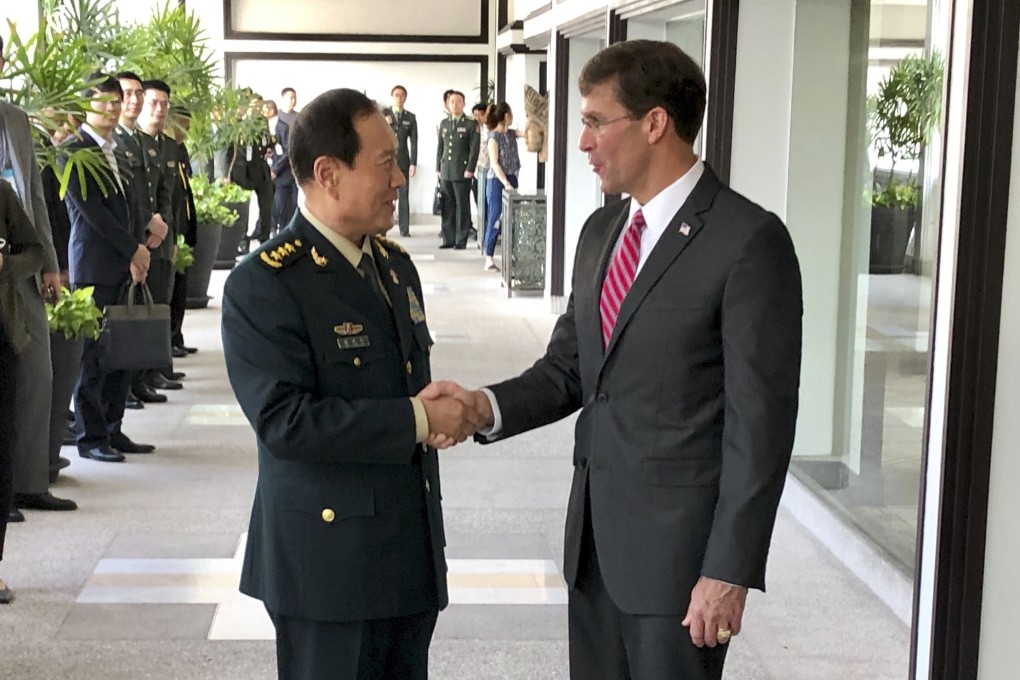Advertisement
US-China tension: preventing war ‘relies on conversations between their militaries’
- Breakdown in military-level communication since Chinese side missed virtual meeting should be addressed to stabilise situation, observers say
- Crisis prevention remains important with US President Joe Biden set to continue the broad strategy of his predecessor
3-MIN READ3-MIN
58

Military-to-military communication between China and the United States needs to improve under American President Joe Biden because both sides require a stable relationship to prevent security crises, analysts said.
Confrontations between the world’s two giants on multiple fronts from trade to geopolitics will continue after the end of Donald Trump’s presidency this week, but that should push the countries to come up with a more effective communication mechanism, given that neither side wants a “hot war”, they argued.
Even if confrontations continue in the Pacific region, resuming military-to-military communication – lacking since China’s no-show at a virtual meeting in December – is seen by observers as the easiest way to avert a crisis. The two militaries have a consensus that stable military relations are vital.
Advertisement
“The People’s Liberation Army and the US military are not only combat forces … but also the front lines in being able to prevent security crises happening,” Shi Yinhong, director of Renmin University’s Centre for American Studies, said.

04:12
Are Xi Jinping’s China and Donald Trump’s US destined for armed conflict?
Are Xi Jinping’s China and Donald Trump’s US destined for armed conflict?
Shi, who is also an adviser to the State Council, China’s cabinet, said military-to-military communication had suffered during the Trump administration, which formally ended on Wednesday, but had still helped reduce the risk of nuclear war and other volatility.
Advertisement
Advertisement
Select Voice
Select Speed
1.00x